If you are interested in finding out more information about our top cold & flu season products, call or stop by Sonoma Roots Natural Medicine! Please remember that these tools are not intended to take the place of medical expertise. If you have not been diagnosed with a cold or flu, or you or a loved one you are caring for have a fever exceeding 102 degrees, consult your doctor. If you are pregnant or breastfeeding, please consult a medical professional before starting a new supplement or herbal program.
References: Prevention of influenza episodes with colostrum compared with vaccination. Prevention of flu episodes with colostrum and Bifivir compared with vaccination. 10 Signs of Estrogen Dominance I can’t tell you how many times women ask me, “could it be my hormones?” Lots of times they’ve been told that everything checks out fine, that it’s just normal hormonal changes, or that the only option they have is to take the birth control pill. Well… Those things are often only partially true or not even true at all. Lots of times when we do more thorough testing, we discover an explanation—and sometimes it’s estrogen dominance. I’m not saying estrogen dominance is the issue for every woman, but it is commonly overlooked and something I believe more women should be aware of. Ever heard of it? Estrogen dominance is a pattern in the body where estrogen levels are too high in comparison to progesterone levels. It can happen because of any of these reasons:
Here are 10 of the most common signs of estrogen dominance:
Estrogen dominance is also associated with polycystic ovarian syndrome (PCOS), fibroids, endometriosis, and an increased risk of breast or uterine cancer. Please do not take this as medical advice. The only way to know your hormonal patterns is to have testing ordered by a qualified healthcare professional. 8 Hidden Causes of Estrogen Dominance Estrogen dominance is a common pattern in women, where estrogen levels are high in comparison to progesterone levels. Our hormones respond to so many aspects of our physiology that it can take some detective work to figure out the root cause of estrogen dominance. Here are 8 potential hidden causes: 1️⃣ Body Fat Our fat cells contain an enzyme called aromatase, which converts testosterone into estrogen. That means the more fat cells in the body, the more estrogen produced. 2️⃣ Insulin Resistance Insulin resistance (when cells do not properly respond to insulin, leading to elevated blood sugar) increases aromatase activity, leading to increased estrogen levels. 3️⃣ Liver Problems The liver is the main site of estrogen metabolism. If the liver is not functioning well, estrogen will be metabolized (and therefore eliminated from the body) more slowly. 4️⃣ Poor Gut Health There’s an enzyme in the gut called beta-glucuronidase that causes estrogen to recirculate into the body. Overgrowth of certain unfriendly gut bacteria boost levels of this enzyme, contributing to estrogen dominance. 5️⃣ Low Thyroid Function Estrogen and thyroid hormones have an intimate relationship. High estrogen blocks the conversion of T4 to T3, and low thyroid function slows elimination of estrogen from the body. This can create a vicious cycle and worsen estrogen dominance! 6️⃣ Alcohol Alcohol increases activity of the aromatase enzyme in the liver, contributing to higher estrogen levels. 7️⃣ Stress Here’s a big one. Did you know that progesterone and the stress hormone cortisol are made from the same precursor hormone? That means that with more stress, we produce more cortisol and less progesterone—leaving estrogen unchecked. 8️⃣ Xenoestrogens Xenoestrogens are synthetic chemicals that mimic estrogen in the body. They can be found in plastic water bottles, grocery store receipts, cleaning products, shampoos, and lotions to name a few. 5 Lifestyle Hacks for Estrogen Dominance There is no pill anybody can take to magically correct estrogen dominance. Our hormones respond to foods, movement, stress, and everyday habits. So let’s look at 5 lifestyle hacks to deal with estrogen dominance: 1️⃣ Try Seed Cycling Seed cycling means eating seeds that support estrogen during days 1-14 of the menstrual cycle and seeds that support progesterone during days 15-28. For example, eating 2 tablespoons of ground flax seeds and pumpkin seeds during the first half of the cycle and switching to sesame seeds and sunflower seeds during the second half. 2️⃣ Boost Fiber Fiber supports healthy bowel movements and elimination (including the elimination of estrogens). Plus, foods that are rich in fiber fuel the beneficial bacteria in the gut for microbiome balance. 3️⃣ Cut Alcohol Alcohol can burden the liver and increase activity of the estrogen-producing aromatase enzyme. Cutting alcohol promises many benefits—including happier hormones. 4️⃣ Reduce Stress We cannot control the stressful situations around us, but we can find ways to respond and release that stress. Better stress management translates to less cortisol production, freeing up your body’s resources to make healthy levels of progesterone. 5️⃣ Get Exercise Exercise helps with several of the hidden causes of estrogen dominance—including body fat and insulin resistance. Getting into a routine of moving your body every day will help support hormone health. Supplements for Hormonal Health Estrogen dominance can be confusing and frustrating—especially because the conventional medical system has little to offer in the way of solutions. Bringing hormones back into balance requires a commitment to healthy habits, but we can support the process with targeted nutritional supplements. Here are 3 categories of supplements to consider: 💊 Gut Support (for estrogen elimination):
💊 Liver Support (for estrogen metabolism):
💊 Hormone Support (for estrogen-progesterone balance):
Looking for the best way to come up with a supplement plan that will work for YOU? Work with a qualified practitioner! Click through to our website to learn how easy it is to get started at our clinic. This information is for educational purposes only and has not been evaluated by the FDA and does not intend to diagnose or treat disease. Foods & Supplements for Peak Brain Performance
If you want more mental clarity, focus, creativity, and stamina…you’ve got to start with food and nutrition. Brain-boosting foods tend to be rich in antioxidants (to protect brain cells from damage), healthy fats (to build fluid nerve cell membranes), or B vitamins (for neurotransmitter and energy production). Load up on these foods to give your brain an extra advantage: 🫐 Berries as a source of antioxidants 🥦 Broccoli as a source of antioxidants 🥑 Avocados as a source of healthy fats 🌰 Nuts and seeds as a source of B vitamins and healthy fats 🥚Eggs as a source of choline (considered to be part of the B vitamin family) for neurotransmitter production Supplements can be an additional boost to enhance mental performance. Here are a few examples of some of our favorites available at Sonoma Roots: 💊 Choline Choline is a building block for acetylcholine (a chemical messenger in the brain), phosphatidylcholine (building nerve cell membranes), and sphingomyelin (protection around nerves). If you don’t eat eggs every day, you may not be getting the recommended amount. 💊 Magnesium Threonate Magnesium is needed for neurotransmitter production, energy production, and nerve signaling. Magnesium threonate is a readily absorbed form that crosses the blood-brain barrier to boost levels of magnesium in the brain. 💊 Bacopa, Ginseng, Ginkgo, etc. These and other herbs support healthy brain function. They are categorized as “adaptogenic” herbs because they help your body adapt and be more resilient to stress. Herbs typically act by multiple mechanisms at once. Ginkgo, for example, has antioxidant effects, protects nerve cell health, and supports circulation to the brain. 💊 Lion’s Mane, Cordyceps, and Reishi Often called “medicinal mushrooms,” these supplements support a healthy gut microbiome (which links to the gut-brain axis), boost antioxidant defenses, and support growth factors in the brain. They are popular for supporting memory, focus, and concentration. I share this list to give you a glimpse of the possibilities. Please do not go out and buy all of these supplements. The reality is that you might benefit from one or two but taking all of them at once is often not necessary. When working with patients to support peak brain performance, I always prioritize supplements so that we can get the best effect with the least number of interventions. Would you like a personalized plan to boost your brain power? 🩺 Establishing naturopathic care or scheduling a follow-up visit (for those who have established naturopathic care) is the way to get an individualized treatment plan. What is glutathione? Glutathione is a powerful antioxidant made of three amino acids (glycine, cysteine and glutamine), that naturally occurs in the human body and is used to combat inflammation, prevent oxidative damage and supports detoxification. The critical roles of glutathione in the body:
Who could benefit from glutathione? Glutathione is easily depleted with inflammatory conditions, exposure to pollutants and wildfire smoke, viral infections, alcohol consumption, over-training and many other chronic ailments. It is one nutrient that can become chronically low with age and in aging populations. Some of the ailments that could benefit from glutathione supplementation may include:
How is glutathione supplemented: Glutathione is not very shelf stable, making it difficult to supplement in the tablet or capsule form. Therefore, glutathione is most effective when used as an injection or included in an IV treatment. What is the vagus nerve? Spanning from brain stem to gut, the vagus nerve is the longest cranial nerve in the human body. Its branches extend from the brain to the heart and most major organs above and below the diaphragm and its function is vital to all of these organs and much, much more. The vagus nerve controls the parasympathetic nervous system, which oversees a vast array of crucial bodily functions, including control of mood, immune response, digestion, and heart rate. It is essentially the switch between the “rest and digest” parasympathetic nervous system and the activation of the “fight, flight or freeze” response of the sympathetic nervous system. Although we need the quick action of the sympathetic nervous system to protect us from danger, we are finding that when not supported properly, the vagus nerve can get inhibited, causing sympathetic nervous system overdrive, or excessive “fight or flight." When in fight or flight, the body has difficulty regulating a healthy digestive response, blood pressure and/or a calm mood. Our brains and bodies depend on our vagus nerve to regulate things like:
While a poorly functioning vagus nerve is linked to poor health outcomes and chronic disease, research is showing a well functioning vagus nerve is essential for achieving optimal health and recovering from chronic illness. Dysfunctions of the vagus nerve also contribute to chronic inflammation, which is implicated in many chronic diseases including diabetes, heart disease, arthritis and dementia as well as mental health conditions like PTSD trauma, anxiety, and depression. Chronic viral, bacterial and parasitic infections and toxic exposures to mold and other environmental toxins are also linked to vagus nerve dysfunction. Finding ways to address vagus nerve dysfunction may help to improve resilience, recovering our innate ability to bounce back after stress. Many of the symptoms experienced by people suffering from chronic illness, infections and toxic exposure stem from too much inflammation in the body. A well functioning Vagus nerve is important because it helps to regulate inflammation in the body and restores our ability to shift back into homeostasis and healing. So how can you help restore the function of your vagus nerve naturally?
Other supportive measures for optimum vagus nerve function:
Vagus nerve stimulation practices you can do at home:
Supplements for an Irritable Bowel One of the most common recommendations for people dealing with gas, bloating, or other irritable bowel issues is to follow a low-FODMAP diet. We agree that dietary changes are powerful for gut health! While we work on sorting out food triggers and dietary changes, we can also support the gut with supplements. None of this should be taken as medical advice, and it’s always best to work with a healthcare professional. These are simply some of the supplements we’ve seen to be most helpful for gut healing. 🌱 Peppermint Oil Enteric-coated peppermint is one of the most researched supplements for an irritable bowel. It contains essential oils that ease muscular spasms and intestinal pain. 🌱 Chamomile, Fennel, and Star anise herbal preparations Carminative herbs are great options that may help with the gas and bloating associated with an irritable bowel and can help soothe the digestive tract. Carminative herbs include chamomile, fennel, anise, thyme, peppermint and more. 🌱 Digestive Enzymes Digestive enzymes can be supplemented to help process difficult to digest foods and reduce gas and bloating. 🌱 Probiotics Probiotics are complicated. They can aggravate digestive issues if there is underlying SIBO, and different strains have different effects. Lactobacillus and Bifidobacterium may offer some benefit to those with an irritable bowel. 🌱 Fiber Aside from getting enough fiber through vegetable intake (low-FODMAP advised), there are many powdered fiber supplements that may provide relief to those with an irritable bowel. Psyllium is a source of soluble fiber that might benefit irritable bowel issues and can be a good choice for one who is starting to improve their fiber intake. Everyone is different! Please keep in mind that a fiber supplement that helped one individual may not be the best choice for the next individual. Trying several different types of fiber supplements may be advised. As always, having a naturopathic doctor test for underlying causes and create a customized treatment plan is typically the best option for each individual. Want to work together? Learn about becoming a patient by clicking through to our website or calling Sonoma Roots (707) 996-4656. ReferencesBlack CJ, Yuan Y, Selinger CP et al. Efficacy of soluble fiber, antispasmodic drugs, and gut-brain neuromodulators in irritable bowel syndrome: a systematic review and network meta-analysis. Lancet Gastroenterol Hepatol. 2020; 5: 117-131. [link] https://www.health.harvard.edu/blog/probiotics-even-inactive-ones-may-relieve-ibs-symptoms-2020062220303 These statements have not been evaluated by the FDA and are not intended to diagnose or treat disease. Salt restriction for heart health?
Most agree that sodium restriction has some effect on lowering blood pressure, but does avoiding salt actually help to reduce the risk of heart disease? And what about other minerals? Do they interact to affect heart health? A study just published in the journal Nutrients asked these questions and came up with some intriguing answers. Researchers looked at data from a large group of people participating in the Framingham Offspring Study—more than 2000 adults between the ages of 30 and 64 who did not have heart disease at baseline. Information was collected from participants about their dietary intake and health status (including heart disease) every 4 years for about 20 years. Here’s what they found:
What can we make of all this? It’s more important to consume a balance of essential minerals than it is to only restrict sodium How do we do that? Avoid processed and packaged foods (these are high in sodium and stripped of other important minerals). Eat plenty of fresh fruits and vegetables, nuts, seeds, and other whole foods. You’ll naturally consume more potassium, magnesium, and calcium without the added sodium. Please remember—this study was a population study of generally healthy individuals. If you’re at a high risk for heart disease, please talk with a healthcare professional for specific nutritional advice. We are here to help! Click through to our website to book an appointment or call! Reference: Pickering RT, Bradlee ML, Singer MR, Moore LL. Higher Intakes of Potassium and Magnesium, but Not Lower Sodium, Reduce Cardiovascular Risk in the Framingham Offspring Study. Nutrients. 2021; 13: 269. [link] What is Nonalcoholic Fatty Liver Disease? It’s called a silent disease because most people have NO symptoms. 25% of all US adults are thought to have it. 60% - 95% of individuals with obesity have it. NAFLD stands for nonalcoholic fatty liver disease. It exists on a spectrum, beginning with simple fatty liver (nonalcoholic fatty liver or NAFL) and in some people progressing to involve inflammation (nonalcoholic steatohepatitis or NASH). In those who develop NASH (the inflamed form), fatty liver can worsen to liver fibrosis (scar tissue) and then liver cirrhosis (end stage). If it advances to the point of cirrhosis, the only treatment is a liver transplant. So, the best case scenario is to recognize fatty liver early enough to reverse it (or at lease keep it from becoming worse). How do you know if you have fatty liver? Here are the top 3 risk factors: Obesity Diabetes Metabolic Syndrome Plenty of people probably have fatty liver without knowing it because it’s not exactly straightforward to diagnose. Bloodwork is the place to start:
The main conventional approach to fatty liver is weight loss, with some doctors recommending weight loss surgery. But with functional medicine approaches, we can do SO MUCH MORE. 7 Root Causes of Nonalcoholic Fatty Liver Disease “Multi-Hit” is how researchers describe the development of nonalcoholic fatty liver disease. We know it’s strongly linked with diabetes and obesity, but functional medicine goes deeper to understand what mechanisms are involved. Here are some of the possible “hits,” or factors that might contribute to fatty liver: 1️⃣Genetics. Some genetic variants make a person more likely to develop fatty liver, and we see a higher risk in Hispanic individuals, followed by non-Hispanic whites and then those of Asian descent. 2️⃣Obesity. With weight gain around the middle (abdominal obesity), fat cells can change and become resistant to fat storage. That means more free fatty acids in circulation, which can accumulate in the liver. 3️⃣Metabolic Syndrome. Insulin resistance is at the center of metabolic syndrome. Cells lose their ability to properly metabolize glucose and fat, again contributing to more free fatty acids being deposited in the liver. 4️⃣Microbiome Changes. Small intestinal bacterial overgrowth (SIBO) has been found in 50% of people with the inflamed version of fatty liver (NASH). Gut dysbiosis may lead to intestinal permeability and the release of endotoxins from the gut—going to the liver where they create inflammation. 5️⃣Mitochondrial Damage. Environmental toxins (like pesticides, heavy metals, or pollutants) can create free radicals that damage liver mitochondria. This can impair fat metabolism in the liver and also lead to inflammation. 6️⃣Impaired Methylation. The cellular process of methylation is involved in exporting fats from the liver. If methylation is impaired (by genetics or exposure to toxins for example), the liver produces less of the antioxidant SAMe, increasing the risk for liver inflammation. 7️⃣Diet & Lifestyle. High intakes of fructose (like high-fructose corn syrup in soda) lead directly to increased free fatty acids that can deposit in the liver. Alcohol is also damaging to liver cells, even if consumed in amounts that are generally considered acceptable. Conventional wisdom says that obesity, diabetes, and metabolic syndrome are all strongly linked with fatty liver disease. The main approach is weight loss. Nutrients to Support Liver Health Conventional wisdom says the key to addressing fatty liver is weight loss. I absolutely agree, but there are ADDITIONAL ways we can support liver health—based on what we know about cellular mechanisms and root causes. Let’s take a look at some key nutritional supplements to consider when it comes to liver health. 💊 S-adenosyl methionine (SAMe). SAMe is a methyl donor and antioxidant that is generally found in high amounts in the liver—but has been found in lower amounts in people with fatty liver. SAMe supplementation supports antioxidant defenses and glutathione levels in the liver. 💊 Berberine. Berberine is an active compound in several herbs and plants. It supports healthy cholesterol metabolism and blood sugar balance—both of which influence liver health. 💊 Omega-3s. Omega-3s are essential fatty acids that play a role in inflammation, liver enzyme metabolism, and many other cellular processes. 💊 Silymarin & Antioxidants. Supplements with antioxidant activity support mitochondrial function and inflammatory pathways. Some top antioxidants that have been studied for liver health include silymarin, resveratrol, astaxanthin, coenzyme Q10, and curcumin. 💊 Probiotics. Not all probiotics are the same. Specific probiotic strains that have shown promise for supporting liver health include L. bulgaris, S. thermophilus, L. rhamnosus GG, and the combination of L. acidophilus and B. lactis. The best approach is to decide on a combination of supplements that is specific to you and based on your health history, labs, and goals. If you’re interested in getting a better understanding of your underlying patterns and a personalized plan, we invite you to become a patient at our practice! All you need to do is click through to our website for details. 4 Habits for Liver Health Here are some diet and lifestyle considerations for anybody at risk for fatty liver disease. 1️⃣ Eat for Blood Sugar Balance. Insulin resistance is central to the development of fatty liver, so avoiding a sugary diet is a top priority. Looking for a liver-friendly diet? Consider the Mediterranean Diet—high in fruits and vegetables and low in saturated fats. 2️⃣ Cut Alcohol. The term “nonalcoholic” fatty liver can be confusing because it implies that alcohol is not involved. But even modest amounts of alcohol can put a strain on the liver. Best case scenario is to dramatically reduce or even eliminate alcohol altogether. 3️⃣ Exercise Regularly. The main conventional approach to fatty liver is weight loss. Exercise is key to weight loss and will help support blood sugar and fatty acid metabolism. 4️⃣ Live Clean. Your liver has to process every chemical, pesticide, and environmental pollutant that enters your body. Choosing organic foods and chemical-free products can decrease the burden, support mitochondrial health, and give your liver a chance to heal. The excellent news? Your body has an amazing capacity to heal. Fatty liver can be reversed—as long as it has not progressed too far and you TAKE ACTION. References:
Maurice J, Manousou P. Non-alcoholic fatty liver disease. Clin Med (Lond). 2018; 18: 245-250. [link] Xu Y, Guo W, Zhang C et al. Herbal Medicine in the Treatment of Non-Alcoholic Fatty Liver Diseases-Efficacy, Action Mechanism, and Clinical Application. Front Pharmacol. 2020; 11: 601. [link] Wigg AJ, Roberts-Thomson IC, Dymock RB, McCarthy PJ, Grose RH, Cummins AG. The role of small intestinal bacterial overgrowth, intestinal permeability, endotoxaemia, and tumour necrosis factor alpha in the pathogenesis of non-alcoholic steatohepatitis. Gut. 2001; 48: 206-211. [link] Cicero AFG, Colletti A, Bellentani S. Nutraceutical Approach to Non-Alcoholic Fatty Liver Disease (NAFLD): The Available Clinical Evidence. Nutrients. 2018; 10: E1153. [link] Noureddin M, Mato JM, Lu SC. Nonalcoholic fatty liver disease: update on pathogenesis, diagnosis, treatment and the role of S-adenosylmethionine. Exp Biol Med (Maywood). 2015; 240: 809-820. [link] By Dr. Danielle:
Each week, I have the pleasure of assisting quality of life protocols for patients experiencing side effects of conventional cancer treatments. My work with Cancer Support Sonoma at the Sonoma Valley Hospital is a humbling experience, one that I do not take for granted. This post is specifically for the patients that I have consulted with that would like to re-visit the melatonin research articles that have I presented at one of our visits. As an overview of melatonin, it's use goes far beyond improving sleep. When it comes to cancer, melatonin has been cited as being effective for reducing the side effects associated with chemotherapy (hair loss, low platelets, nerve pain, weakness, etc) and may have direct inhibitory effects on the formation, growth and spread (metastatic behavior) of breast cancer cell types. While the majority of melatonin research is performed in relation to breast cancer, it has notable adjuvant benefits in prostate, lung, and colon cancers, as well. Below, are several notable articles and research studies on the effect of melatonin on breast cancer cells and prognosis. Melatonin in Cancer Treatment: Current Knowledge and Future Opportunities An Overview of Melatonin in Breast Cancer - Melatonin: an Inhibitor of Breast Cancer Effect of Melatonin in Epithelial Mesenchymal Transition Markers and Invasive Properties of Breast Cancer Stem Cells of Canine and Human Cell Lines Circadian Regulation Metabolic Signaling Mechanisms of Human Breast Cancer Growth by the Nocturnal Melatonin Signal and the Consequences of it's Disruption By Light At Night Susan G. Komen's Description of Melatonin EDITED: Additional Melatonin Articles and Other Cancer Types Role of Melatonin and Cancer Treatment Melatonin Suppresses the Growth of Ovarian Cancer Cell Lines Benefits of Melatonin in Solid Tumors When Used Concurrently With Chemotherapy |
About Our Blog:Author: Categories:
All
Archives:
November 2022
|
|
Shop Hours:
M - Th: 10-5:30pm, Fri 10-2pm |
Stay Connected with Us!
|

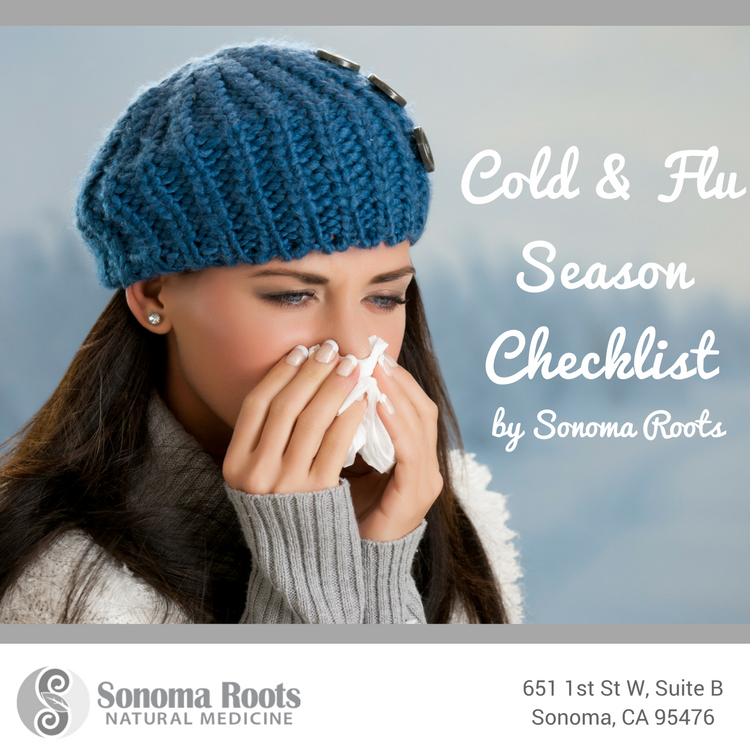
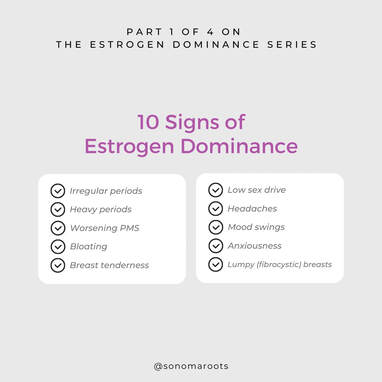
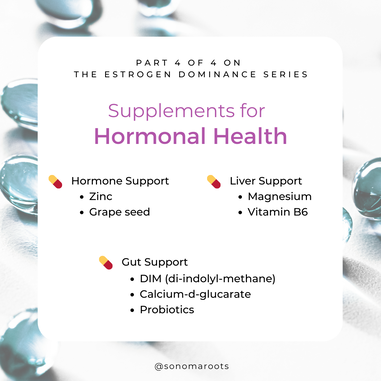



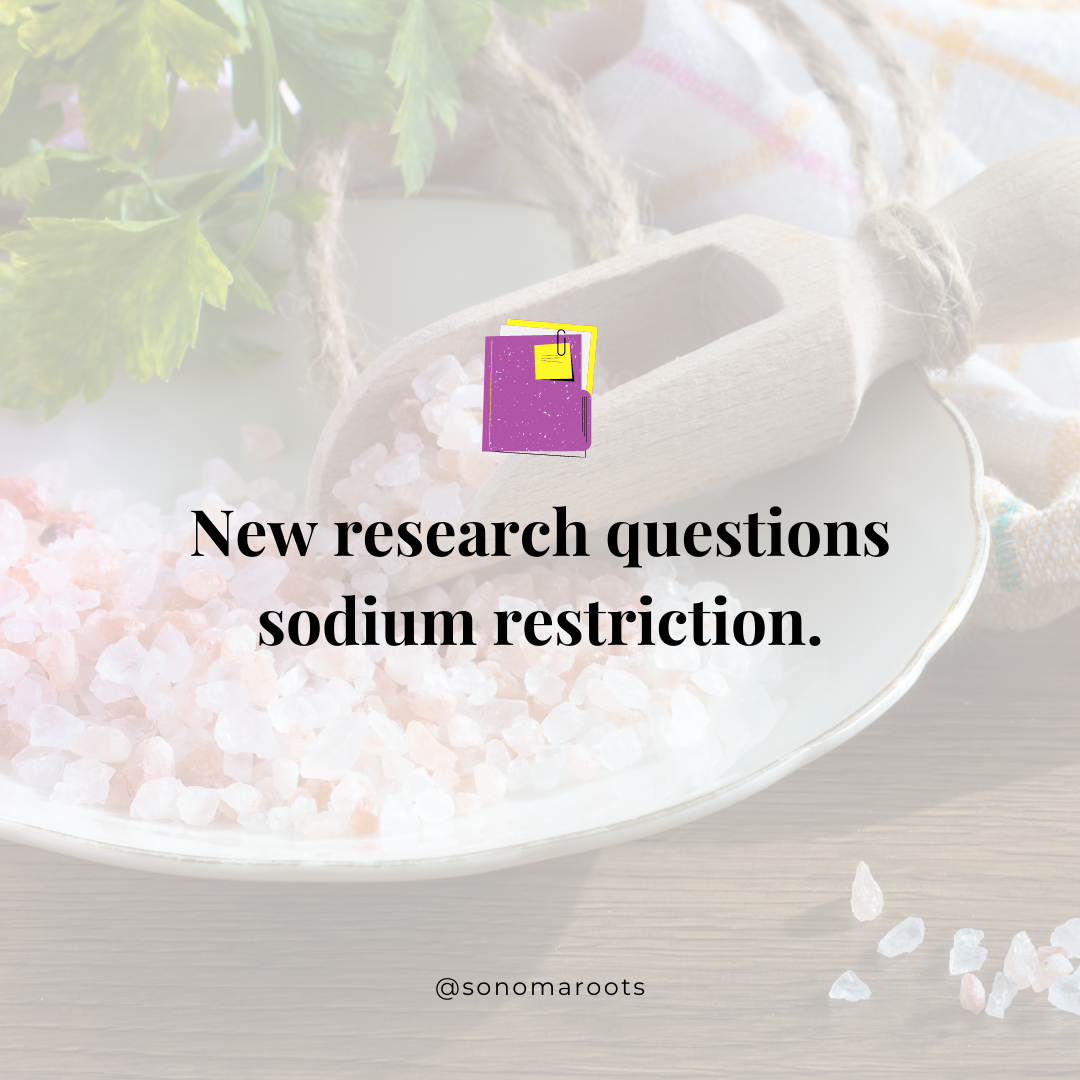
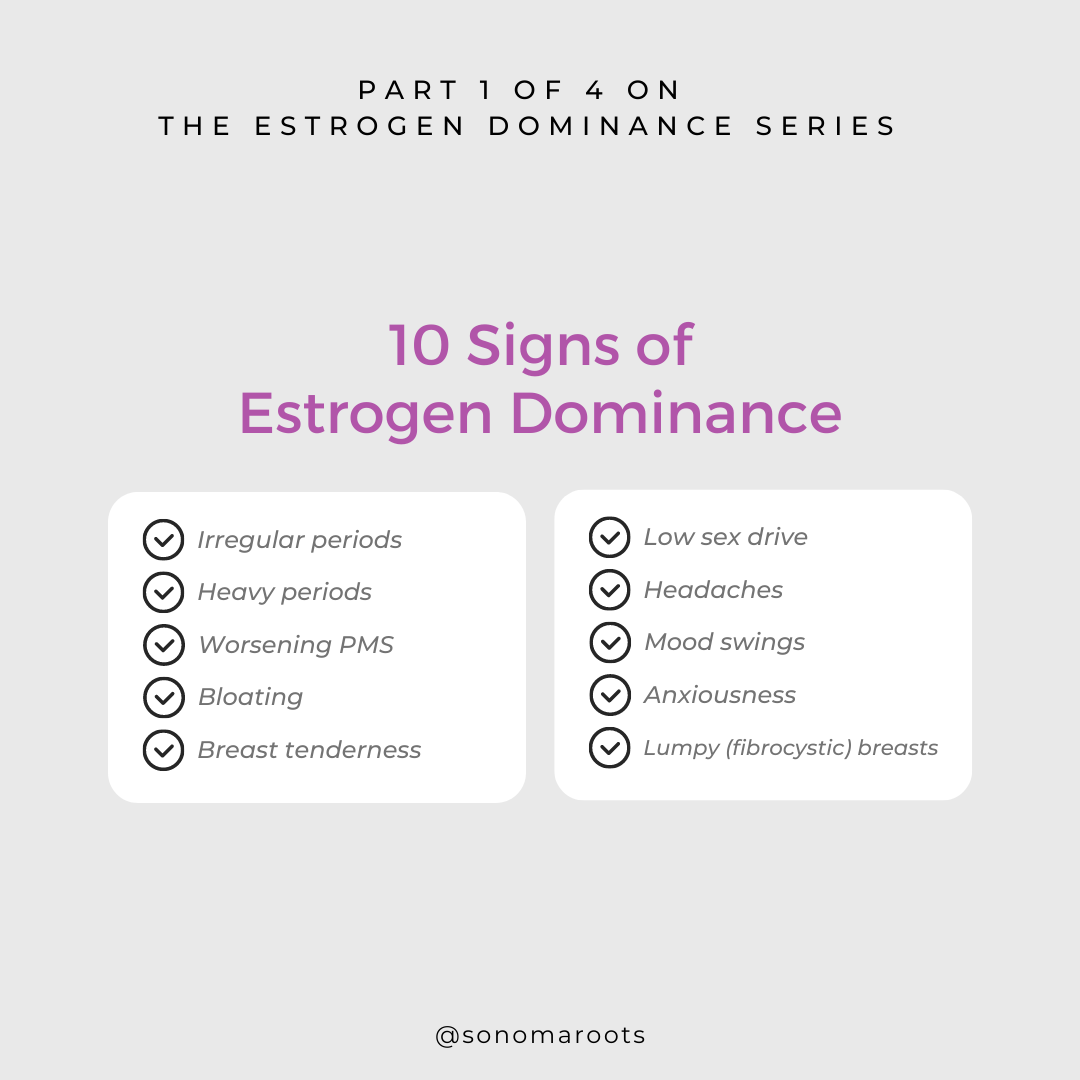
 RSS Feed
RSS Feed


